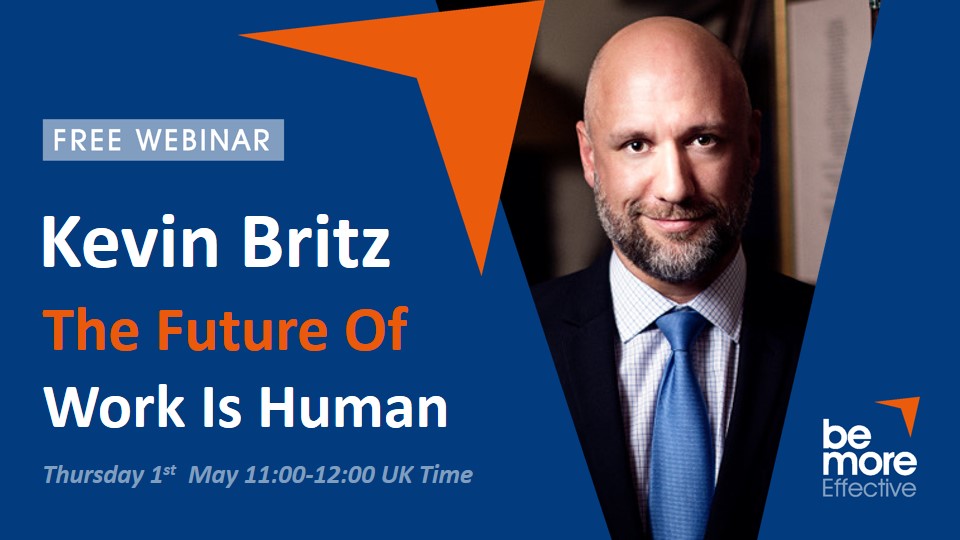The Apprentice – What is in it for Lord Sugar?

One of the most popular reality TV shows of the past two decades has been The Apprentice.
The programme was created by the British-born, America-based television producer Mark Burnett and first aired in the United States in 2004. Donald Trump, now President of the United States, was the billionaire whose task it was to find the perfect employee who, after beating out more than a dozen competitors, would be paid a salary of $250,000. In 2005, the programme was broadcasted to British audiences, with Lord, then Sir, Alan Sugar at the helm.
Despite a few hiccups along the way, including changes in the front-man and the format, the American version of the show has run every year since its inception. Although the British version has also experienced some changes, it, too, has aired continuously.
Why has this programme proved to be so popular?
One reason is that it enables us to be armchair entrepreneurs, in much the same way as football or rugby makes us armchair coaches. Another could be that it seems to occur in “real time”, though by the time we see any episode it had been recording and highly edited.
The show also has an entertainment, as well as an educational appeal - a rare combination. And although interviews aren’t really like this, at least some of what occurs in business is; and so watching other people face challenges at work and in life, both interests and teaches us.
Those who just want to see who wins can do so, and those who want to learn about business or even get on the show themselves can discover in advance what they’re letting themselves in for.
In both the US and the UK, contestants originally competed for a shot at a six-figure job. In the UK, this has now changed, and the remainder of this article will focus on the British version. We’ll come back to that in a moment.
Lord Sugar?
Perhaps the most baffling question is why does someone who is as wealthy and successful as Lord Alan Sugar bother to get involved in a programme like The Apprentice? It can’t be for the publicity.
Although his companies are mentioned, many of them are not household names, at least not to the extent that they’re on the lips of the average consumer.
It’s not for the fame. Ironically, many of those who are famous didn’t intend to become so. Instead, they became famous because they did a brilliant job of being brilliant. They did what they loved to do better than anyone else. Contrast this, for example, with those who are famous for being famous. Big difference.
It can’t be for power either. Money brings immense power and influence all by itself. A reality TV show isn’t going to change that.
There are really only a couple of reasons why a billionaire would spend weeks filming a show like this, especially since only one person wins in the end.
The first one is that it affords Lord Sugar the opportunity to nurture one very talented individual - the person who is hired; not fired. It doesn’t matter if it’s a person or the business the person runs. It’s an opportunity to do something important.
The second, and more likely reason, is that it gives him a chance to do more of what he loves: building businesses. And that may be one reason why the format of the programme changed after only a handful of years.
In the new format, those who are already enjoying some measure of business success pitch for a £250K investment - the proverbial shot in the arm for their business - in exchange for a 50% stake in it.
It’s an amalgamation of another show, also broadcasted by the BBC - Dragon’s Den.
In the latter, contestants decide the size of the investment they want and how much of their business they’re willing to give (sell) in exchange for it. In the former, both are predetermined.
What entrepreneurs love to do
Entrepreneurs love to be in business, and the most successful love to repeat the process over and over again.
Really talented people are difficult to find, but it’s not impossible. Finding small business to invest in is much harder. Richard Koch, bestselling author of The 80/20 Principle, is worth much less than Lord Sugar, but he has made a number of savvy investments. His formula is simple: to invest in companies that are No. 1 in their industry and which are also growing by at least 10% per year. Koch’s approach pinpoints the problem with finding businesses that are worth investing in. It’s simply this: There aren’t that many of them.
There can be only one No.1, though that’s just the beginning. Finding the leader in any industry is comparatively easy. All you have to do is ask yourself what company first pops into your head when you think of an industry.
For example, what airline do you think of first? What beer do you think of first? What car do you think of first? That may depend on what you own or would like to buy, but you’ll still think of one before another. And you won’t be right every time, but you will be quite often.
The more obscure industries will require a little work. That’s what the annual reports can do for you. You could start with the FTSE 100. The hard part is finding companies with significant growth. Any company that’s growing by at least 10% annually is serving an overlooked market. And that’s what business angels like Lord Sugar are looking for.
Entrepreneurs aren’t greedy
It isn’t about greed. Oh sure, these people may take more expensive holidays that you do or own a flashy sports car that you can only dream about, but you’d be surprised at how few of them actually flaunt their wealth.
Warren Buffett, for example, famously drove the same Volvo for a couple of decades. Here was a man who could afford to buy a new car every day who chose instead to drive the same one for 20 years. He is still just as frugal to this day.
Where does Buffett live? It’s not by the beach. It’s not in the mountains. And you don’t find him cruising around the world in a one hundred foot yacht. Instead, you’ll find him in Omaha, Nebraska. Nebraska? It’s in the Midwestern United States.
What’s the weather like in Nebraska? The winters are perishingly cold, and the summers are brutally hot and humid. Is this where you’d expect to find one of the richest people in the world? No…
Independence
In the first six series of The Apprentice, the goal was to find the perfect employee. The central problem, of course, was that none of the candidates was employable. All of them were extremely talented. All of them had remarkable track records, and that was in spite of their youth. But they didn’t get to be contestants because they were exemplary employees. Instead, there were there because of their entrepreneurial prowess.
What’s the one thing that separates entrepreneurs from everyone else?
It’s the determination to be their own boss. They want to decide for themselves where to work, when, how, why, and with whom. They may work 20 hours a day, but if they do it will be because they choose to do so; not because their boss told them they had to. And that’s the difference.
If you have your own business, you may think that you’d like to relinquish the responsibilities of it by working for someone who is more successful than you or by being in a large company where all you have to do is to show up between the hours of nine and five, mind your own business, and then slip out the door unnoticed with the morass of humanity you call your peers; but to do that would be to make yourself dependent on another for your destiny.
And to an entrepreneur, that’s anathema.
Maybe Lord Sugar recognised that in the apprentices he chose. Maybe that’s why he found it difficult, as was so painfully obvious in the first series, to choose the one he wanted. He knew what he didn’t want, but when he eliminated all those with characteristics he disliked, then there was no one left. And that could be the very reason that the programme’s format changed.
Although there aren’t many companies that are serving an overlooked market, finding them is easier than looking for those who, like chameleons, will change from entrepreneurs into employees.
You see, in order for people to pursue innovation, whether it’s in product creation, marketing, sales, HR, finance or anything else, they have to be given free rein to make the decisions about those things.
In other words, they have to be permitted to make the choices that a business owner would make. And when they’re denied that authority, they soon move on to pastures where they can.
If you want to develop your business or your talent – email here to test us out…
For more information please send a message via the Contact Us Page. Or you can register for an upcoming webinar.


